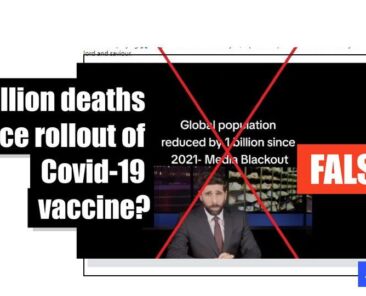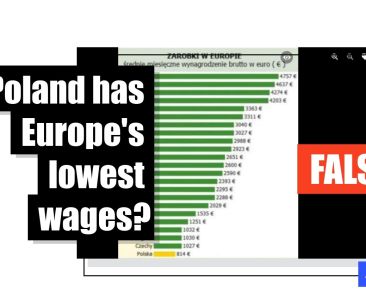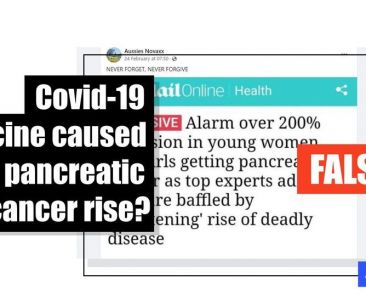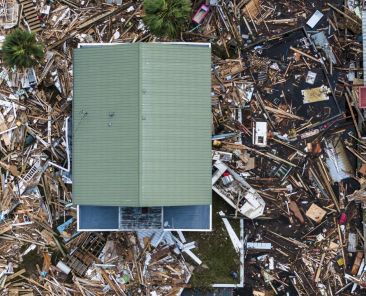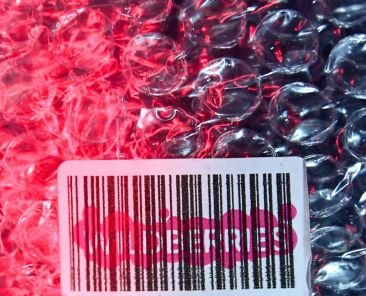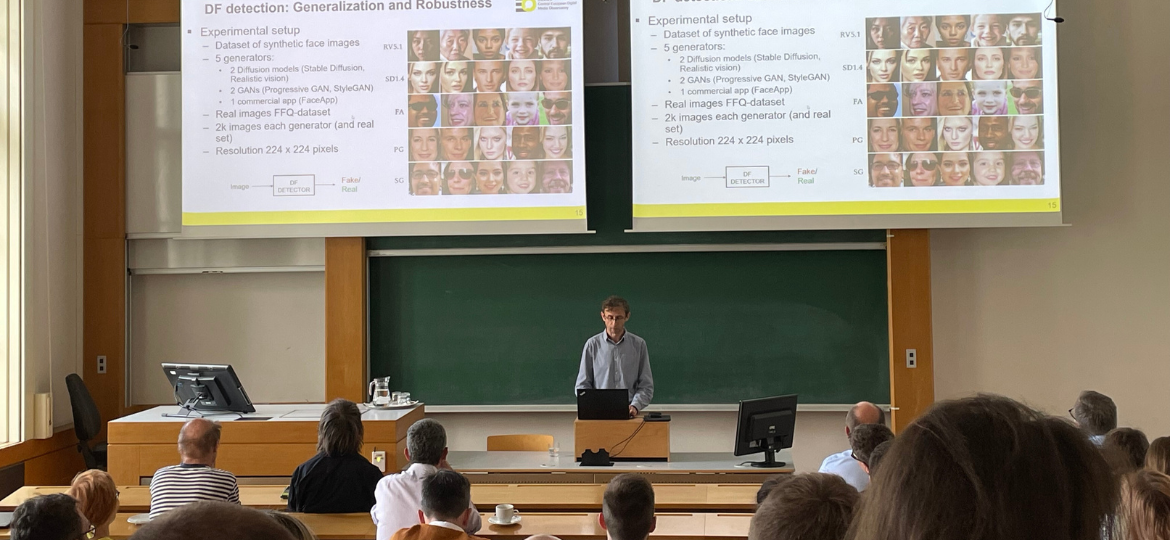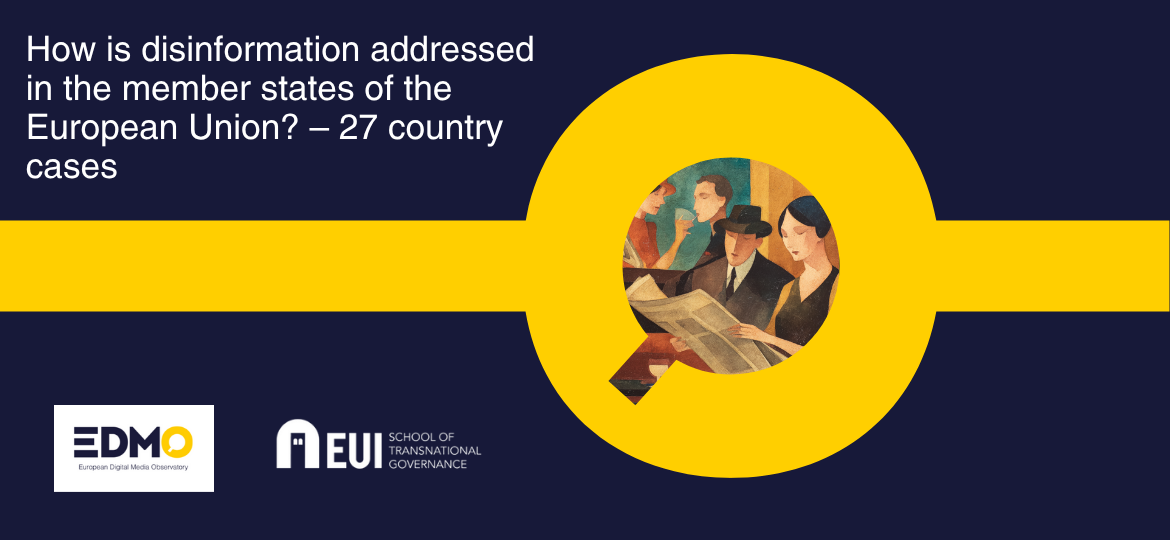About CEDMO
The Central European Digital Media Observatory (CEDMO), as an independent non-partisan multidisciplinary hub, aims to identify, research and prioritise the most critical sources and causes of information disorders in Central Europe (mainly the Czech Republic, Slovakia and Poland). This international consortium was created to propose a set of short and longer-term actions, as well as recommendations to help civil society, public institutions and the private sector respond to the declining trust in key institutions and help society to resist the effect of increasing exposure to mis- and disinformation.
By interacting and coordinating with European Digital Media Observatory (EDMO) and other regional EDMO hubs in EU, CEDMO will contribute to curbing threats posed by information disorders, including disenchantment with the democratic processes, and discord in civil society in Europe, and to building community and nation-wide resilience while protecting information ecosystems.
About CEDMO
The Central European Digital Media Observatory (CEDMO), as an independent non-partisan multidisciplinary hub, aims to identify, research and prioritise the most critical sources and causes of information disorders in Central Europe (mainly the Czech Republic, Slovakia and Poland). This international consortium was created to propose a set of short and longer-term actions, as well as recommendations to help civil society, public institutions and the private sector respond to the declining trust in key institutions and help society to resist the effect of increasing exposure to mis- and disinformation.
Our Partners
About CEDMO
The Central European Digital Media Observatory (CEDMO), as an independent non-partisan multidisciplinary hub, aims to identify, research and prioritise the most critical sources and causes of information disorders in Central Europe (mainly the Czech Republic, Slovakia and Poland). This international consortium was created to propose a set of short and longer-term actions, as well as recommendations to help civil society, public institutions and the private sector respond to the declining trust in key institutions and help society to resist the effect of increasing exposure to mis- and disinformation.
Our Partners
“[One] billion people around the world are now dead (poisoned) since the rollout of the covid jab,” reads the opening line of a Facebook post shared more than 8,000 times since it was posted here on October 27, 2023.
“WARNING. Graphic Footage. Northern Italy,” says a June 2, 2023 tweet sharing the video. “Government came and vaccinated cattle against cv19. Look at the result all dead or dying the next day.”
“Nearly all Covid-19 patients who died in hospital during the early phase of the pandemic were killed as a direct result of being put on a ventilator,” claims an article published May 13, 2023 by The People’s Voice, a website formerly known as News Punch, which AFP has fact-checked numerous times for sharing misinformation.
“Has the monkey smallpox pandemic begun?” reads a Korean-language Facebook postfrom May 22.
“Russia’s KFC changed its name to SFC (literal translation: Siberian Fried Chicken) to stay in business,” reads a simplified-Chinese tweetposted on March 14.
The claim was shared in a lengthy Facebook post published on April 1, 2024.
“The Great Barrier Reef has died again. 75 percent bleached apparently,” says Australian geophysicist Peter Ridd in an April 9, 2024 clip on Facebook.
“We are in a CO2 famine,” reads the title of a chart shared on Facebook on February 20, 2024. It appears to show decreasing levels of atmospheric CO2 — measured in parts per million (ppm) — throughout the planet’s history.
“We are in a CO2 famine,” reads the title of a chart shared on Facebook on February 20, 2024. It appears to show decreasing levels of atmospheric CO2 — measured in parts per million (ppm) — throughout the planet’s history.
A Facebook page called “Aussies Novaxx” posted a screenshot of the MailOnline article from February 23, which is headlined: “Alarm over 200% explosion in young women and girls getting pancreatic cancer as top experts admit they are baffled by ‘frightening’ rise of deadly disease” (archived link).
“Netanyahu is infected with a mutated strain of coronavirus,” reads Thai-language superimposed text in this TikTok video that featured the doctored photo of a masked Netanyahu lying on a hospital bed.
“Tariff problems, a sudden attack,” reads simplified Chinese sticker text on an April 11 Douyin video of a man appearing to walk on stage behind Trump, hit him, and walk away as Trump ducks and Secret Service agents rush up to protect him.
“BREAKING NEWS: TRUMP STRIKES BACK — DEATH PENALTY FOR mRNA CRIMES NOW ON THE TABLE”, reads the headline of a lengthy Facebook post published on February 26, 2025.
“Amazing things happen when the BBC forgets to cut its reporter’s feed while covering the Trump-Zelensky fiasco,” says a March 5, 2025 X post with thousands of interactions.
“They are using HAARP to ensure that HURRICANE HELENE devastates the largest Republican stronghold area in Florida. This hurricane will destroy homes, displace thousands and ensure much less participation in the presidential election in November,” says a September 26, 2024 Facebook post.
“1997: Warmest Year of The Century 16.92°C (62.45°F) 2023: Hottest Year On Record 14.98°C (58.96°C),” says a May 8, 2024 post on X.
“The Great Barrier Reef has died again. 75 percent bleached apparently,” says Australian geophysicist Peter Ridd in an April 9, 2024 clip on Facebook.
New scientific research claims ocean currents are “stable,” states Anthony Watts in a February 28, 2025 article on his website.
“BREAKING: Ukraine ‘soldiers’ have resorted to faking combat in order to appear ‘war torn’ so the slush fund from the U.S. keeps churning money their way!” says a March 1, 2025 X post with thousands of interactions.
A common theme among spreaders of disinformation is that Ukrainian President Volodymyr Zelensky is a Nazi or that he embezzles Western aid intended for Ukraine. In the past, disinformation spreaders have falsely claimed that he bought a former mansion of Joseph Goebbels, two luxury yachts or even Adolf Hitler’s Mercedes.
“BOMBSHELL TUCKER RELEASED AN VIDEO (sic) FROM ZELENSKY BEING CAPTURED… HE IS BEING TRANSFERRED TO BLACK DOLPHIN PRISON (RUSSIA) WITH HIGH SECURITY,” says the April 8, 2024 post.
“The son of a Ukrainian prosecutor, together with a nurse, is in a hurry to get into a tuned Kirpi in order to get to Avdiivka from Europe in time for the evening fight,” reads the caption to a video shared on social media platform X by a New Zealand-based user on January 12, 2024.
“I remember feeling nauseous when tRump posted this photo because I knew he’d done it…he had betrayed America,” says a March 24, 2024 post on X, where disinformation has accelerated since billionaire Elon Musk purchased the platform in 2022.
“Boycott Israeli products! Easy way to identify Israeli products. If there are 729 numbers at the beginning of Barcode! It means Israeli product (sic),” reads a Facebook post from Nigeria shared alongside an image of a barcode.
A flood of real images from Israel and Gaza has been revealing the horrors of the conflict that broke out on October 7 when Hamas militants launched an unprecedented attack on southern Israel, but they can vie for attention with misappropriated scenes from Syria’s civil war.
“OLD PALESTINIAN MAN PLEADS WITH ISRAELI SOLDIERS NOT TO CUT THE OLIVE TREE HE GREW & SAYS SHOOT HIM INSTEAD,” says a December 20, 2023 post sharing the short clip on X, formerly Twitter. “SO SAD, MONSTERS.”



















